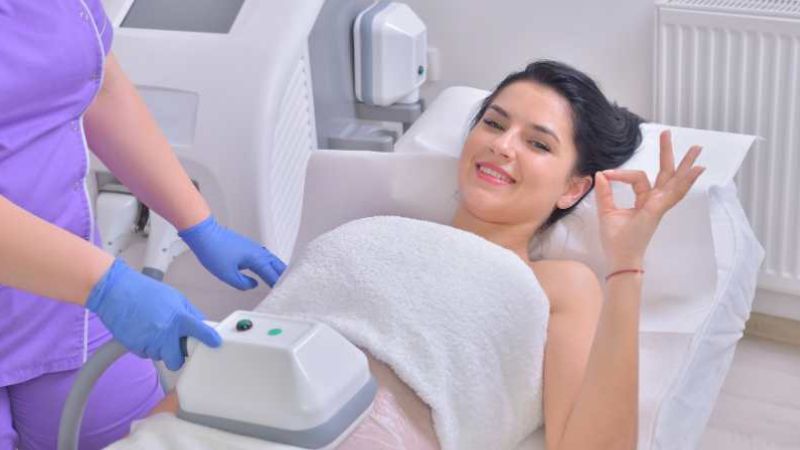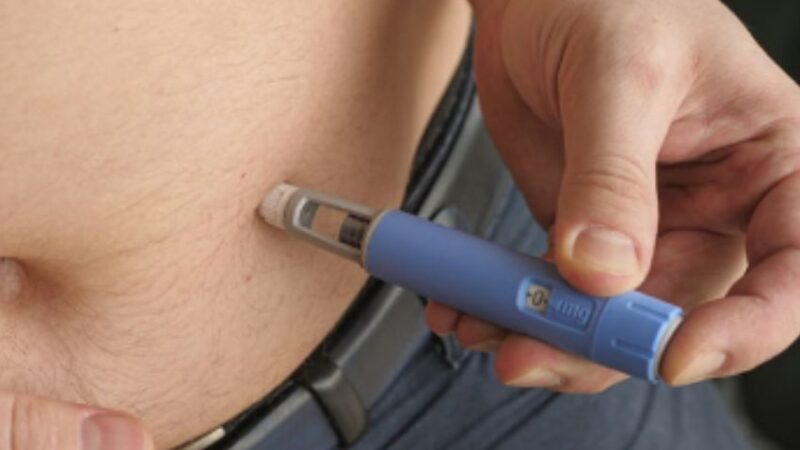The Role of Technology in Home Health Care Services
Technology has revolutionized various industries, and the field of home healthcare services is no exception. Technological advancements have made providing medical care and support in the comfort of one’s home increasingly feasible and efficient. This Article explores technology’s significant role in enhancing home healthcare services, benefiting both patients and caregivers.
Introduction
In recent years, the demand for home healthcare services has grown substantially. Many individuals, especially older people and those with chronic conditions prefer receiving care in their homes’ familiar and comforting environment. Technology has played a vital role in making this a viable option by providing innovative solutions that enable efficient and effective care delivery.
Remote Patient Monitoring
One of the critical advancements in home health care is the introduction of remote patient monitoring systems. These devices allow healthcare professionals to remotely monitor patients’ vital signs, such as heart rate, blood pressure, and oxygen levels. By using wearable sensors and connected devices, healthcare providers can collect real-time data and promptly identify abnormalities or potential health issues. This technology provides a continuous monitoring solution, ensuring timely intervention and reducing the need for frequent hospital visits.
Telehealth and Virtual Consultations
Telehealth services have emerged as a convenient and accessible means of providing healthcare remotely. Patients can consult with doctors and specialists without leaving their homes through video conferencing tools and secure platforms. This technology enables timely medical advice, prescription refills, and follow-up consultations. Additionally, it reduces the burden on healthcare facilities, particularly in rural areas where access to specialized care may be limited.
Electronic Health Records (EHR)
The transition from paper-based to electronic health records (EHR) has transformed how patient information is stored and accessed in home health care. EHR systems allow healthcare professionals to maintain accurate and up-to-date records, ensuring seamless coordination and continuity of care. These digital records can be easily shared between healthcare providers, enabling a comprehensive understanding of a patient’s medical history and facilitating informed decision-making.
Medication Management Systems
Managing multiple medications can be challenging, especially for elderly individuals with complex medication regimens. Technology has introduced medication management systems that help patients and caregivers stay organized and ensure medication adherence. These systems can provide medication reminders, track medication intake, and even dispense pre-packaged doses, reducing the risk of errors and improving medication compliance.
Assistive Devices and Wearable Technology
Assistive devices and wearable technology have greatly enhanced the independence and safety of individuals receiving home health care. From mobility aids like walkers and wheelchairs to intelligent devices that monitor falls and detect emergencies, these technologies offer peace of mind for both patients and caregivers. Wearable devices, such as smartwatches and fitness trackers, can also track activity levels, sleep patterns, and vital signs, providing valuable insights for healthcare professionals.
Home Safety and Security Systems
Ensuring a safe and secure environment is crucial in home healthcare settings. Technology has introduced advanced home safety and security systems that can help prevent accidents, detect emergencies, and provide immediate assistance. Motion sensors, emergency buttons, and video surveillance enable caregivers to monitor patients remotely and respond promptly to potential risks or incidents.
Improved Communication and Coordination
Effective communication and coordination among healthcare providers, patients, and caregivers are essential for successful home healthcare delivery. Technology has facilitated seamless communication through secure messaging platforms, teleconferencing tools, and shared care management systems. These innovations enable real-time collaboration, timely updates, and efficient information sharing, enhancing the overall quality of care.
Training and Education for Caregivers
The role of caregivers in home health care cannot be understated. Technology has contributed to their professional development by providing access to online training modules, webinars, and educational resources. Caregivers can acquire specialized knowledge, learn new caregiving techniques, and stay updated with the latest healthcare practices. These resources empower caregivers to provide optimal care and support to their patients.
Overcoming Challenges and Concerns
While technology offers numerous benefits in home health care services, addressing potential challenges and concerns is essential. Privacy and data security must be prioritized to ensure the confidentiality of patient information. Additionally, the availability and affordability of technology solutions should be considered to ensure equitable access for all individuals in need of home health care.
Conclusion
Technology has transformed the landscape of home healthcare services, enabling enhanced care delivery, improved patient outcomes, and increased convenience for patients and caregivers. From remote patient monitoring and telehealth consultations to medication management systems and assistive devices, technological advancements have revolutionized how healthcare is provided in the comfort of one’s home.
FAQs
What is remote patient monitoring?
Remote patient monitoring is a technology-enabled system that allows healthcare providers to monitor patient’s health remotely, typically through wearable sensors and connected devices.
How does telehealth work?
Telehealth refers to providing healthcare services remotely through digital communication tools, allowing patients to consult with doctors and specialists from their homes.
What are electronic health records (EHR)?
Electronic health records are digital versions of patients’ medical records that provide a comprehensive and easily accessible overview of their health information.
How do medication management systems help in home health care?
Medication management systems assist patients and caregivers in organizing and ensuring proper adherence to medication regimens, reducing the risk of errors and improving medication compliance.
What are some examples of assistive devices in home health care?
Examples of assistive devices include walkers, wheelchairs, innovative home technology for fall detection, and wearable devices like smartwatches and fitness trackers.
How can technology improve communication and coordination in home health care?
Technology enables efficient communication through messaging platforms, teleconferencing tools, and shared care management systems, facilitating collaboration among healthcare providers, patients, and caregivers.

Deepa Mahar is an independent blogger and admin of DeepAdvices who is exploring the beauty of the blog writing from a variety of subjects and books to health, science and others. She believes the blog would be helpful to the reader in the context of knowledge. She is post-graduated with a degree of Biotechnology.





